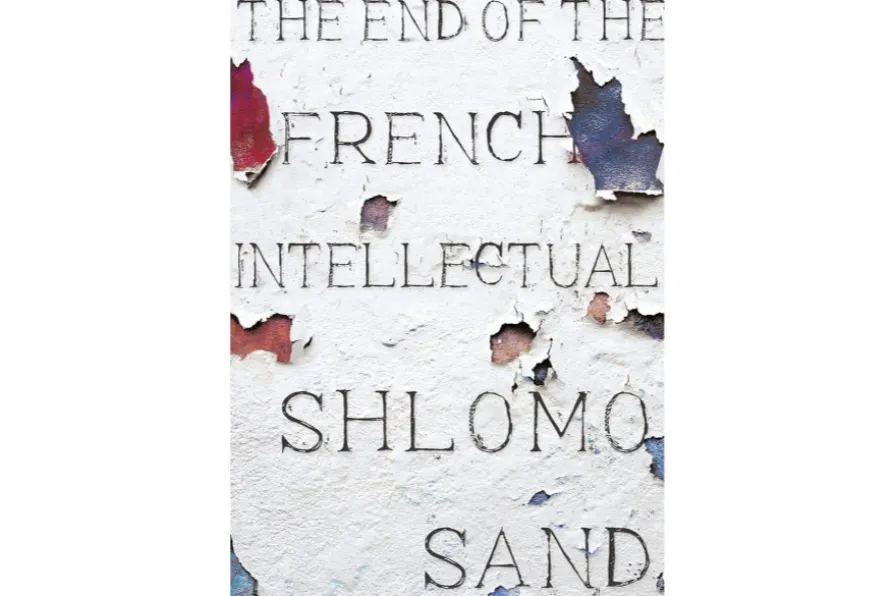New releases from Van Morrison, Tyler Ballgame, and Dry Cleaning
French intellectuals obscured in a moral twilight zone


The End of the French Intellectual
by Shlomo Sand
(Verso, £16)
PHILOSOPHER Bertrand Russell once claimed that Britain was the only country where he could not identify himself as an intellectual.
While this country might not “do” intellectuals, the French embrace them with a vengeance. Or, according to Israeli author Shlomo Sand, they did up until the present.
Similar stories

ALAN McGUIRE welcomes a biography of the French semiologist and philosopher

As Trump targets universities while Homeland Security chief Kristi Noem redefines habeas corpus as presidential deportation power, STEPHEN ARNELL traces how John Scopes’s optimism about academic freedom’s triumph now seems tragically premature

SCOTT ALSWORTH hears the call to burn down and rebuild the video game industry from the bottom up

FIONA O’CONNOR recommends an accessible and entertaining survey of post-war French philosophy and its relation to contemporary capitalism










